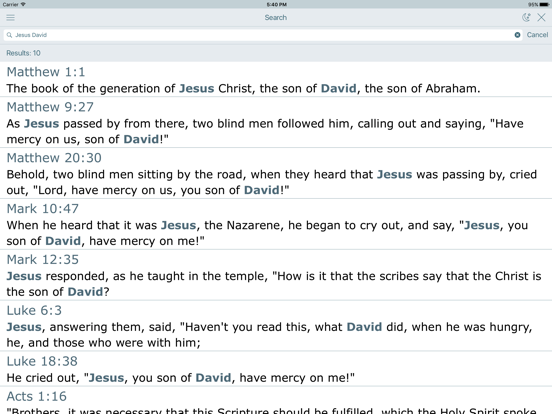
Bible International Version
International Bible. World English Bible
The World English Bible (also known as the WEB) is a free updated revision of the American Standard Version (1901). It is one of the only public domain, modern-English translations of the entire Bible. The Bible was created on the base of the ASV by volunteers on the ebible.org project and edited by Rainbow Missions, Inc., a Colorado nonprofit corporation.
Features
It claims to be one of the few English-language Bibles custom translated to be understood by most English-speakers, worldwide, eliminating the need for data-processing based or computer operating system-specific internationalizations. Work on the World English Bible began in 1997 and was first known as the American Standard Version 1997.
The World English Bible project was started to produce a modern English Bible version that is not copyrighted, does not use archaic English (such as the KJV), and is not translated in Basic English (such as the Bible In Basic English). The World English Bible follows the American Standard Versions decision to transliterate the Tetragrammaton, but updates "Jehovah" to be "Yahweh". The British and Messianic Names editions use the traditional forms (e.g. the LORD).
Also includes the following Apocryphal books (in the following order):
- Tobit
- Judith
- Additions to Esther (additions found in the LXX namely Esther 10:4-16:24)
- Wisdom (Also known as the Wisdom of Solomon)
- Ecclesiasticus (or Sirach)
- Baruch
- Epistle of Jeremy (or the Letter of Jeremy)
- Prayer of Azarias (Daniel 3:24-97 in the LXX & Vulgate)
- Susanna (Daniel 13 in the LXX & Vulgate)
- Bel and the Dragon (Daniel 14 in the LXX & Vulgate)
- I Maccabees
- II Maccabees
- 1 Esdras
- Prayer of Manasses
- Psalm 151
- III Maccabees
- IV Maccabees
- 2 Esdras
Translation philosophy
It is based on the 1901 American Standard Version, the Greek Majority Text, and the Hebrew Biblia Hebraica Stuttgartensia with some minor adjustments made because of alternate readings in the Dead Sea Scrolls and the Septuagint although usually these alternate readings are ignored or restricted to the footnotes. There are seven passes of editing and proofreading for each book. An initial automated pass updated approximately 1,000 archaic words, phrases and grammatical constructs. The first manual pass was to add quotation marks (the ASV had none) and other punctuation, and to check the translation against the Greek and Hebrew texts where there are significant textual variants or the meaning is unclear.



